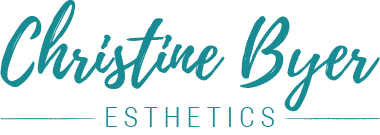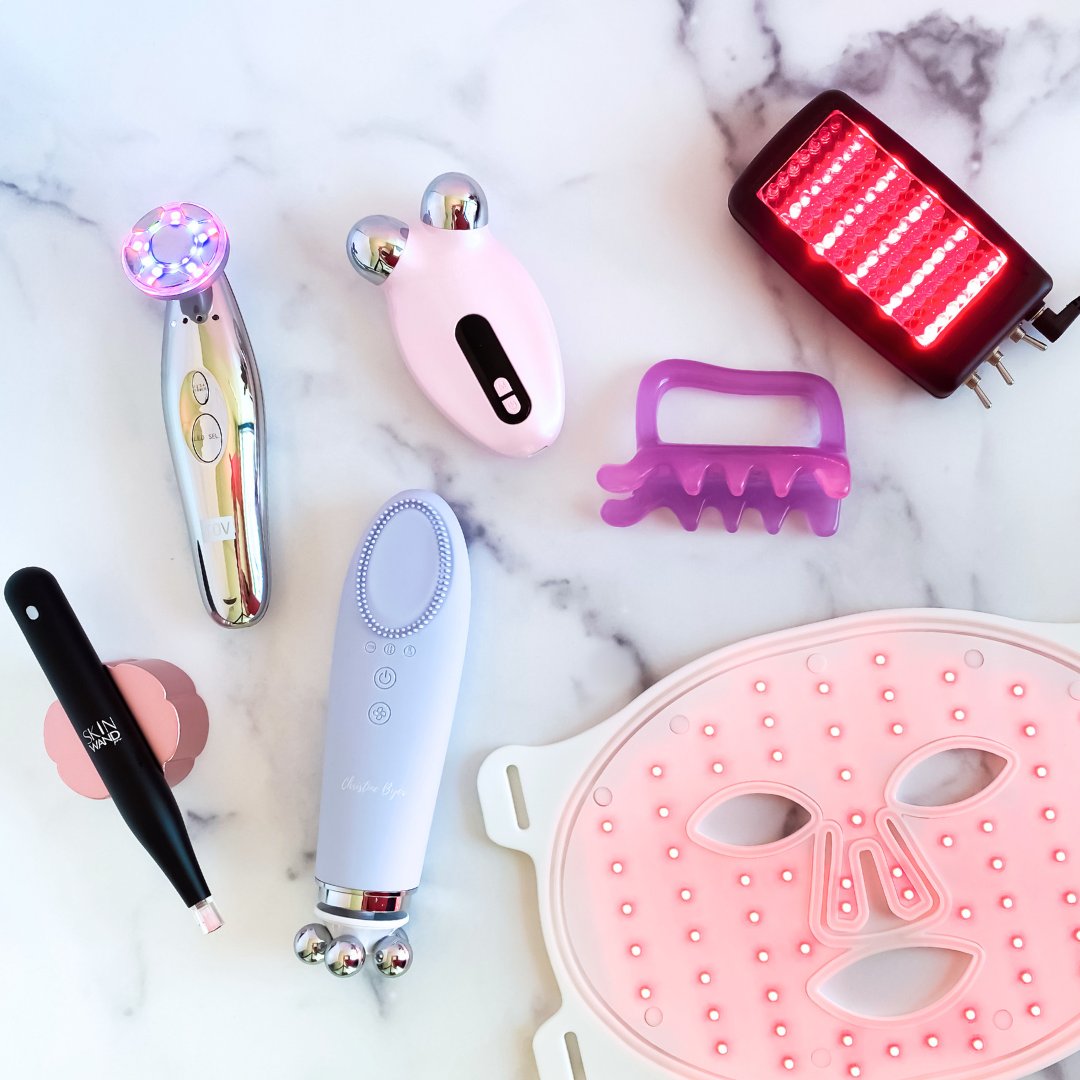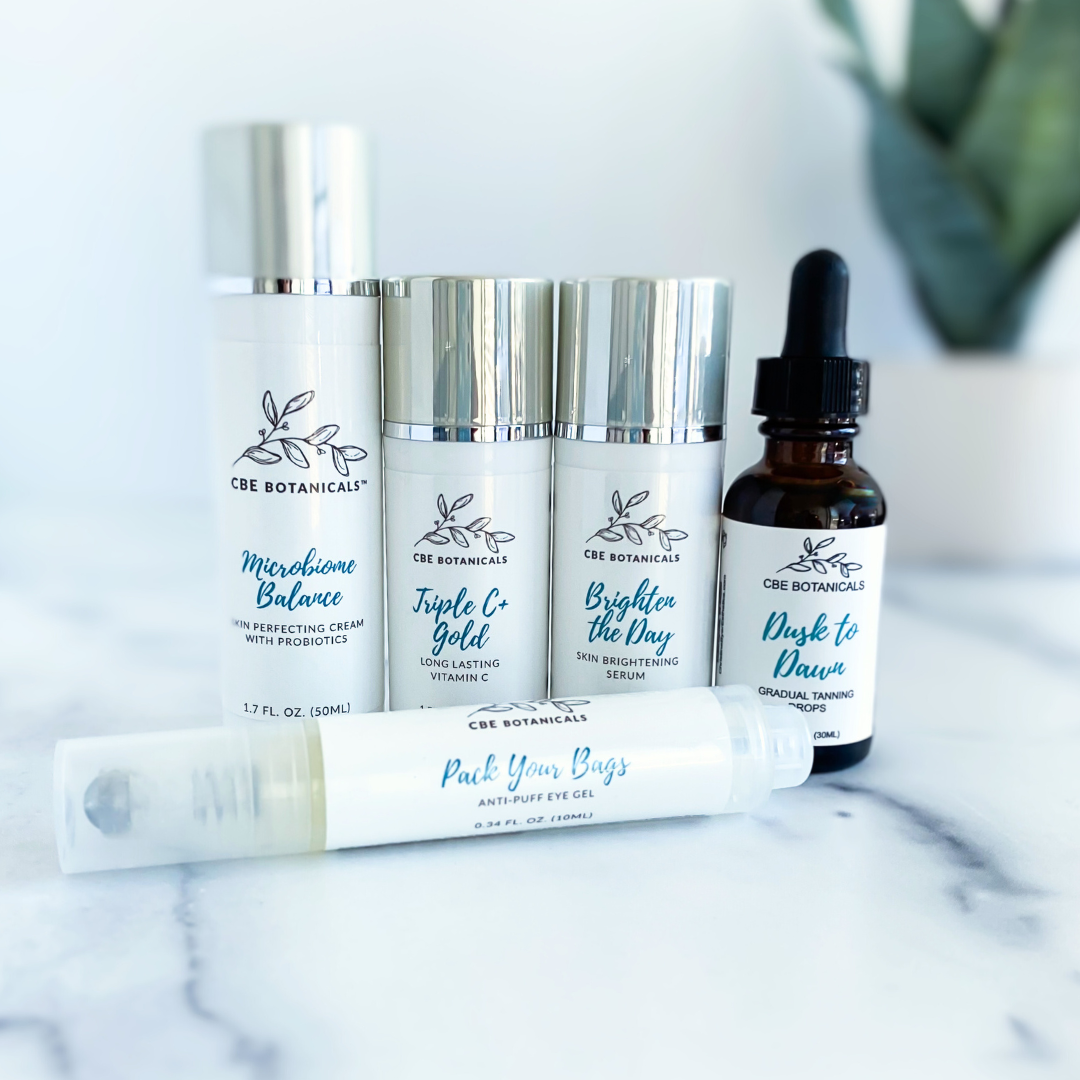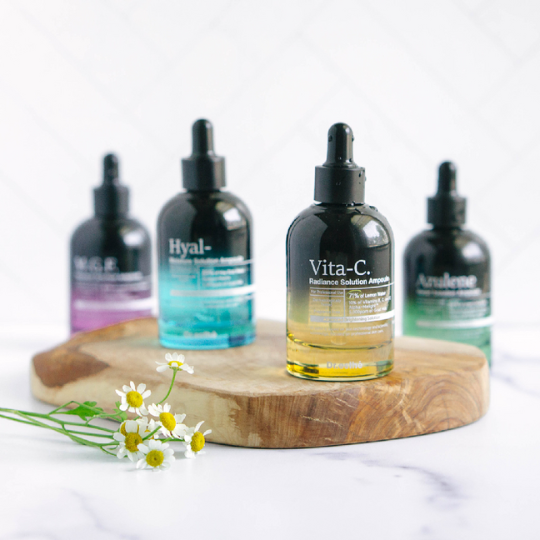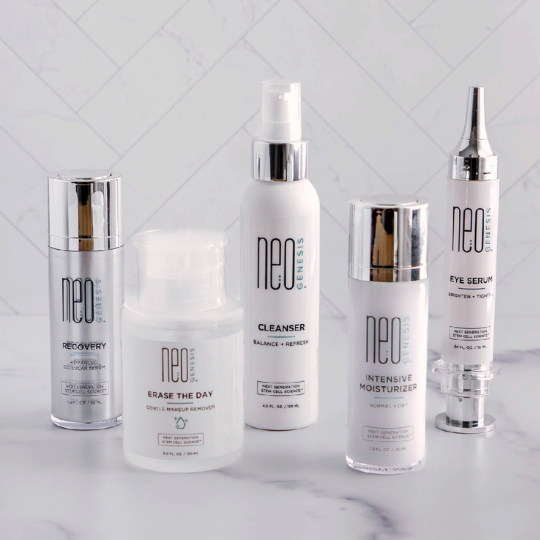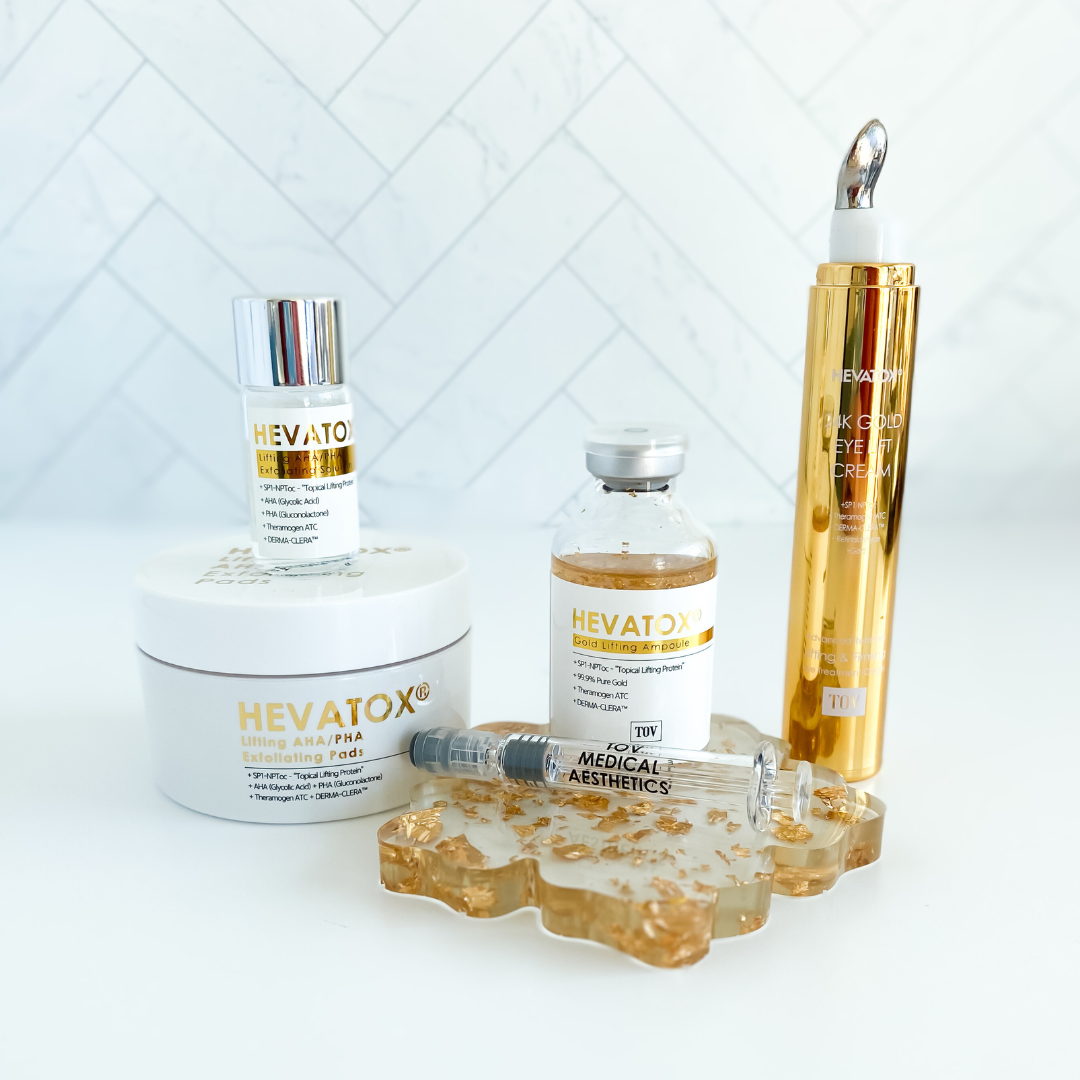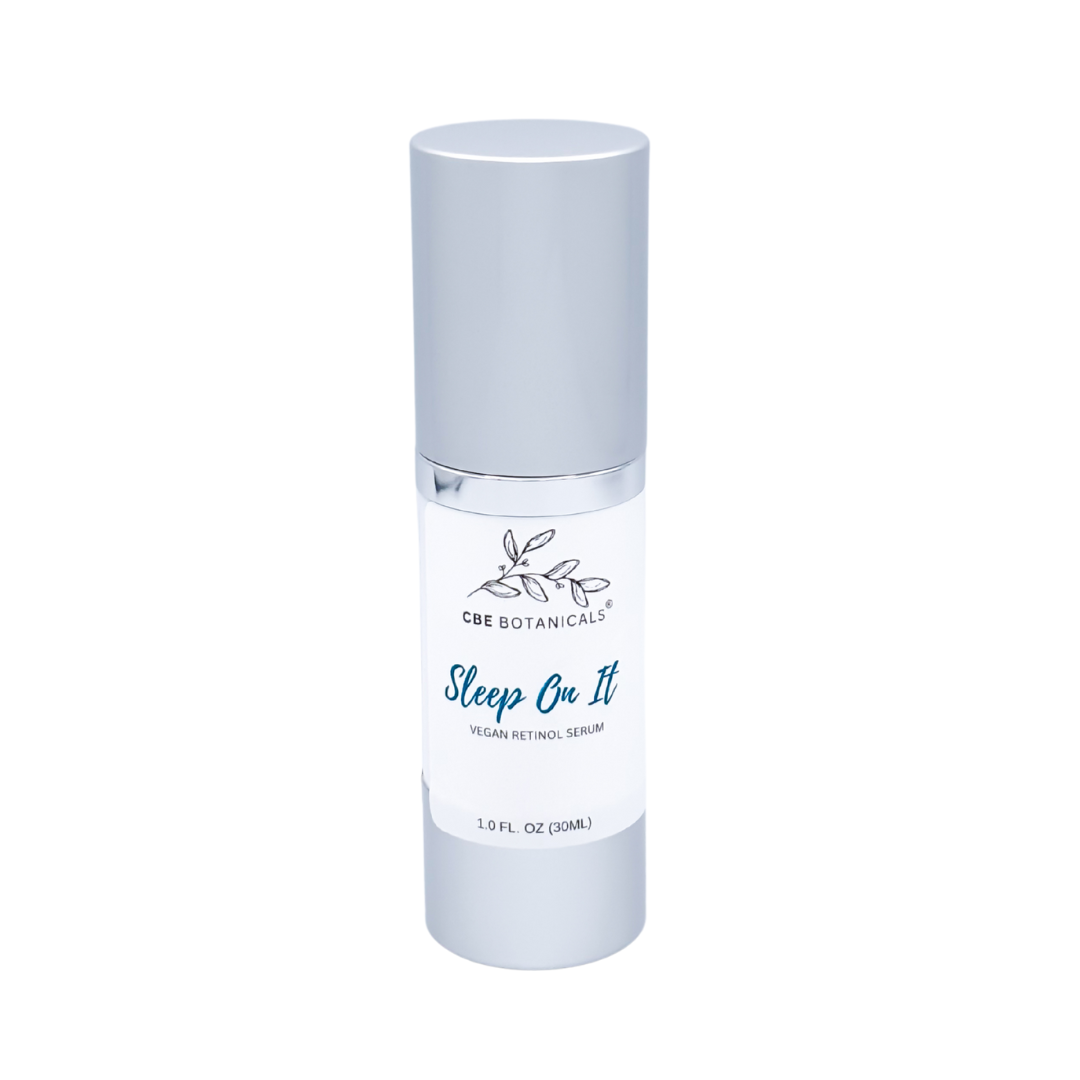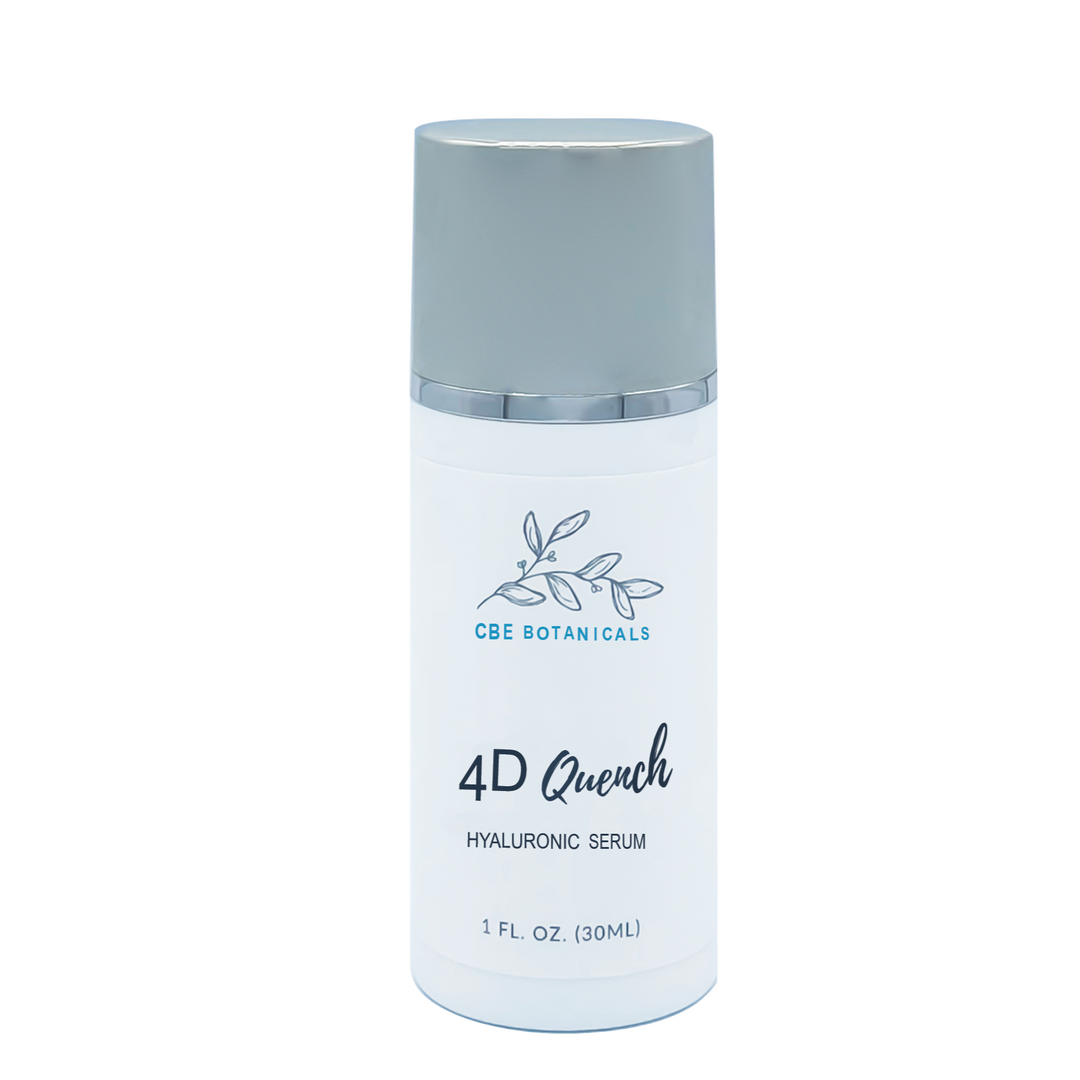Have you seen a lot of retinol products lately? You're not alone.
I know it may seem like the latest miracle ingredient for a myriad of skincare woes, but retinol entered the at-home skincare market as early as the 1970s and has nearly quadrupled in popularity ever since. From aggressive acne to advanced signs of aging, you name it, and someone has tried retinol to address it. Retinol use has seemingly become a universal treatment—but is it dangerous?
Let me set things straight for you: The truth is that retinol can do wonders for the integrity and appearance of the skin, but not without a handful of potential side effects. Learning to use retinol correctly is essential if you want to incorporate it into your at-home skincare. Otherwise, you risk doing more harm than good.
Here’s my quick guide to at-home retinol use, especially the common mistakes to avoid!
The Benefits (and Dangers) of Routine Retinol Use
Retinol belongs to the retinoid family, the group of compounds derived from vitamin A. Retinol, along with other retinoids like tretinoin and adapalene, is commonly found in over-the-counter (OTC) acne and anti-aging skincare products. As an exfoliating skincare ingredient, retinol sweeps out the pores, clarifies the skin, reduces hyperpigmentation, and even limits oil production.

I encourage routine retinol use because it can speed up cell turnover and stimulate collagen production, which reduces the appearance of fine lines and wrinkles and results in a smoother, more even-toned complexion. It’s a wonderful ingredient; however, it’s also very powerful. Retinol is harsh on sensitive skin, and even small concentrations of 0.0015% can be extremely drying and make skin more sensitive to the sun.
That's why I emphasize a balanced retinol use. Let me share the common mistakes women make when adding retinol to an at-home skincare routine.
Mistake 1: Not Knowing Retinol from Retin-A

You might assume that understanding retinol use would be a prerequisite before adding it to an at-home skincare routine, but I've found that’s often not the case. In my experience, many at-home skincare aficionados don’t know the differences between retinol and Retin-A. Retin-A is the brand name for tretinoin, a prescription-only retinoid made from a synthetic form of vitamin A.
Retin-A is approximately 20 times stronger than retinol and will cause red, dry, and peeling skin. Do you need that kind of retinoid in your routine? I would only suggest Retin-A if you’re suffering from Grade 3 or 4 acne. But for everyone else, Retin-A will likely just irritate your skin. Instead, I suggest opting for a more gentle retinol product, like the CBE Botanicals Sleep On It Retinol Serum, to keep the skin nourished and radiant.
Mistake 2: Not Hydrating Following Retinol Use
The natural moisturizing factors that keep the skin plump and taut, such as hyaluronic acid, begin to decline with age. Over the years, I’ve seen countless women attempt to tame their skin to tolerate highly concentrated retinol to help diminish the fine lines that form because of aging—but that’s counterintuitive. Why attempt to beat dry skin into submission with something that dries it out further?
Without a healthy dose of hydration after retinol use, your skin will look dull and

lifeless, not younger. This is why one of the biggest at-home skincare mistakes with retinol is failing to moisturize after application! I recommend following your retinol application with moisture-locking products like the CBE Botanicals 4D Quench Hyaluronic Serum and NeoGenesis Intensive Moisturizer.
Mistake 3: Retinol Use in the Sensitive Eye Area
Another common mistake with retinol use is applying such a harsh skincare product to the delicate skin around the eyes. Now, we all know that routine retinol use is perfectly safe to treat fine lines, wrinkles, and other signs of aging across the face. However, the skin around your eyes is much thinner than other facial skin and lacks as many oil glands, subcutaneous fat, and collagen.
When you apply a harsh retinol meant for the face to the sensitive eye area, you risk damaging that thinner skin. Just last year, I received a YouTube comment from a viewer who mistakenly used a strong retinol under her eyes and developed deep wrinkles as a result! Steer clear of the eyes with retinol, and if you do mistakenly apply some, follow with intense hydration like the NeoGenesis Eye Serum.
Mistake 4: Overworking Retinol With Devices
If you know me, you know that at-home skincare devices are a must-have in my personal skincare routine and the treatments I provide for clients as a licensed master esthetician. However, the one time I do not recommend working with devices is immediately after retinol use. Instead, I recommend applying retinol on opposite days from using devices (or at least 12 hours apart).
The reason why I suggest taking a break between device and retinol use is because of how the skin absorbs retinol. When applied topically, retinol is gradually converted into retinoic acid by enzymes in the skin to become effective. Certain skincare devices, such as the Clareblend Mini Microcurrent or Skin Wand Pro, can work retinol further into the dermis and irritate the skin.
Frequently Asked Questions
Q) Does Retinol Work for Everyone?
Retinol can be a game-changer for many, but it's not a one-size-fits-all solution. Factors like skin type, sensitivity, and the presence of other skincare ingredients can influence its effectiveness.
Q) Can I Use Retinol with Other Skincare Devices?
While many skincare devices can complement retinol use, it's essential to use them strategically. Overusing devices immediately after applying retinol can lead to irritation and compromise the skin's barrier.
Q) Are There Alternatives to Retinol for Sensitive Skin?
Yes! Niacinamide, found in many of our products (Vitamin B3), is a good alternative to retinol for sensitive skin. It helps improve your skin's moisture balance, reduce wrinkles, and alleviate irritation. Bakuchiol is another alternative that may help address signs of aging, such as fine lines and wrinkles, and improve skin tone and texture
Learn How to Use Retinol With At-Home Skincare Tips
Even as a licensed master esthetician, I’ve tried high-powered retinol that had to exit my at-home skincare routine by day three because my face looked dry, flaky, and downright crazy! Fortunately, I’ve gone through the trials and tribulations of retinol use for more than 20 years, so you don’t have to make the same mistakes with retinol today! Even better, you can find all my skincare tips in one place.

The Christine Byer Beauty Club is the premier destination for personalized support, professional skincare advice, promotions, and product savings not available to the general public. Members receive access to a confidential discount code every month, the opportunity to win a FREE 60-minute consultation with me, and more! Sign up today to unlock exclusive membership perks!
